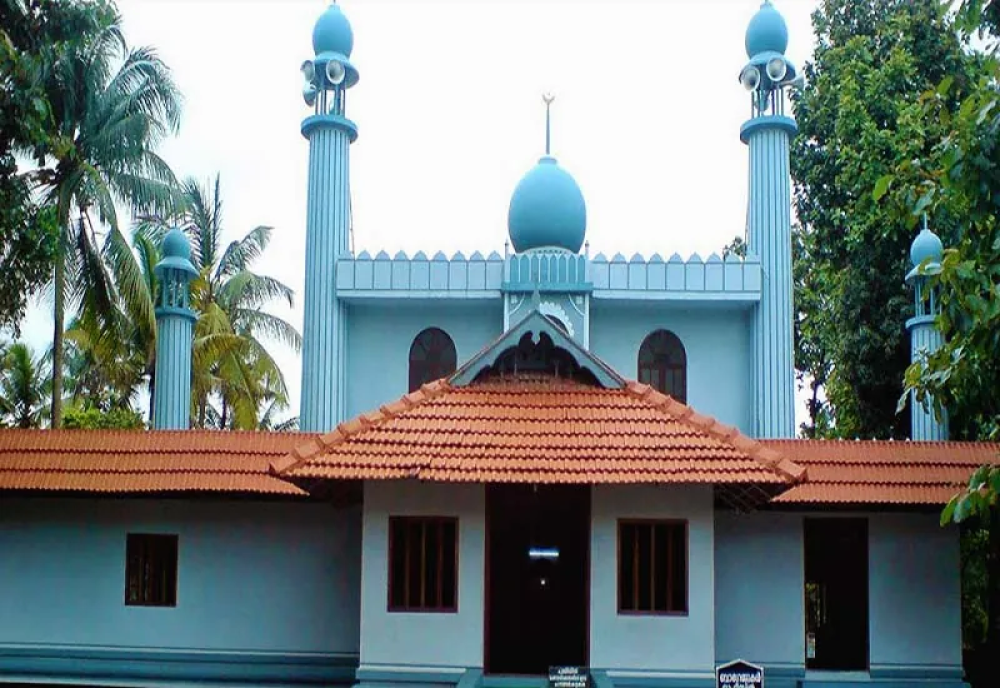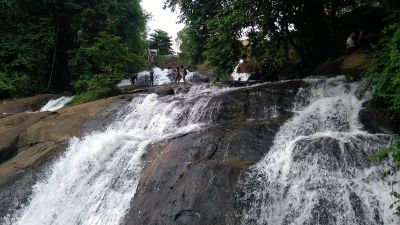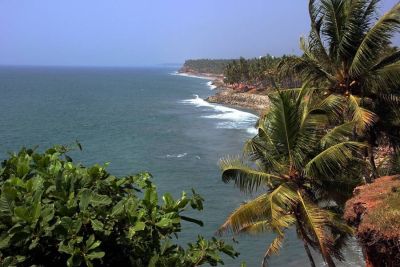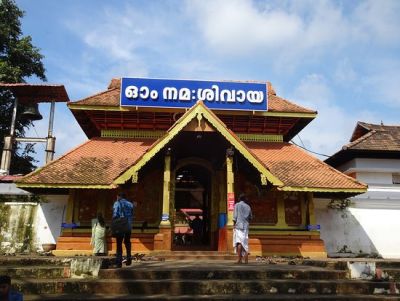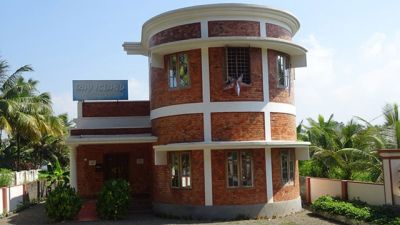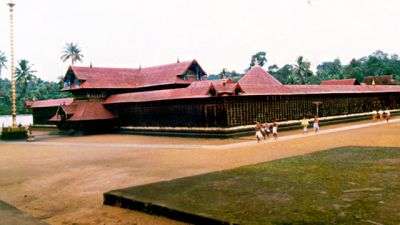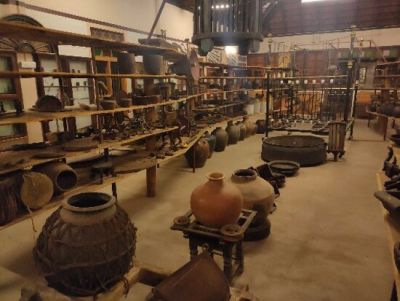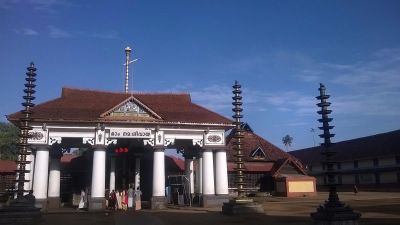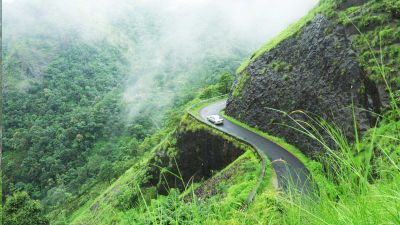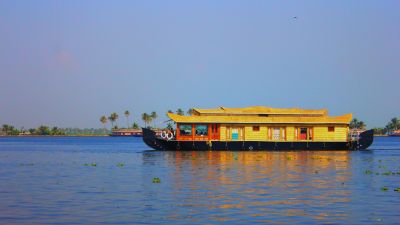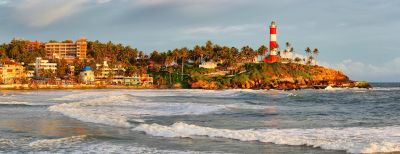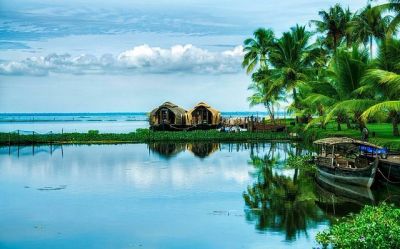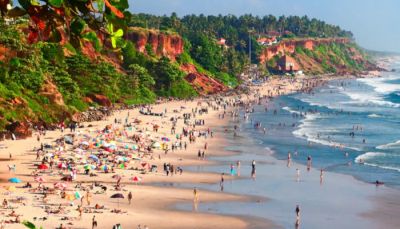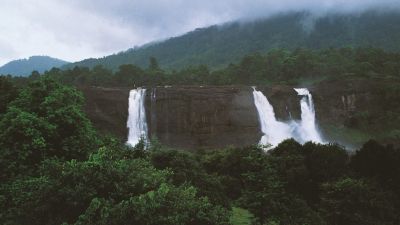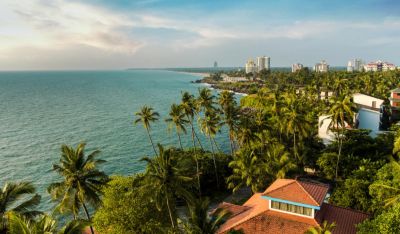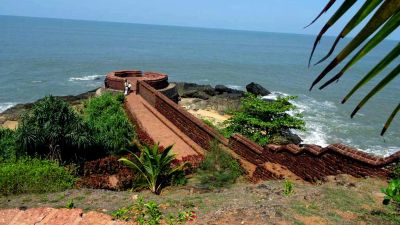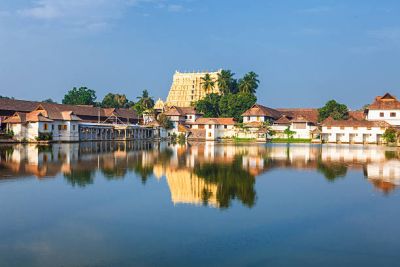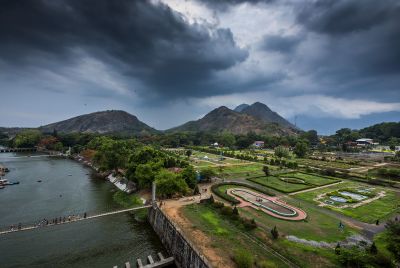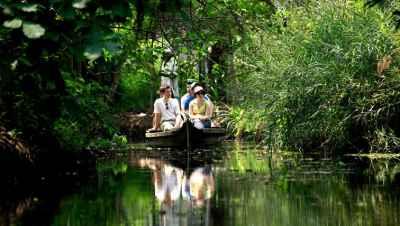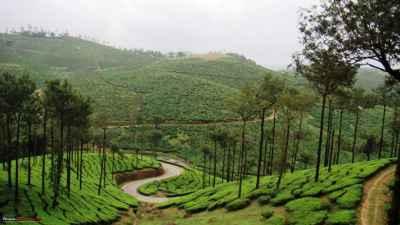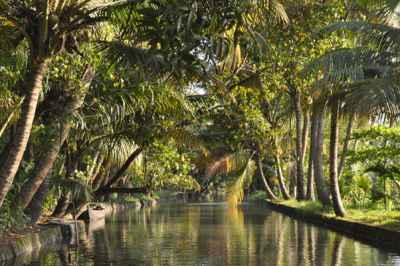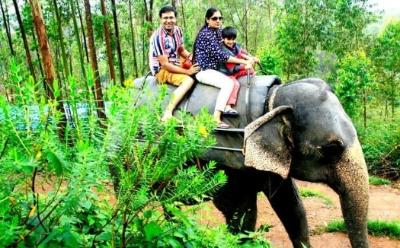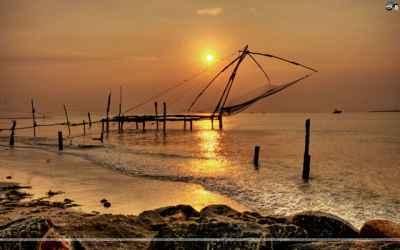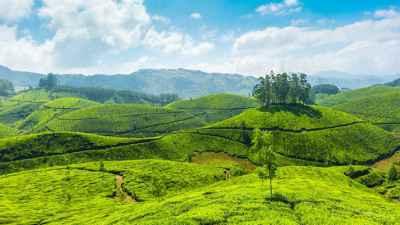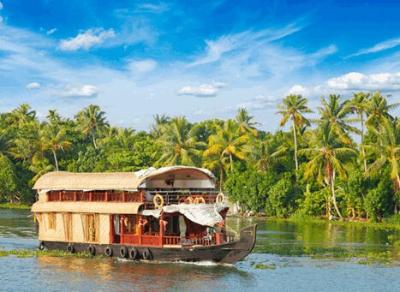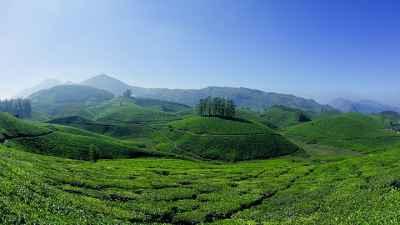Welcome to Juma Masjid, Kumarakom: A Blend of History and Tranquility
The Juma Masjid in Kumarakom is not only a place of worship but also a site of cultural and historical significance. Nestled in the serene backwaters of Kerala, India, it has been a beacon of Islamic tradition and community life for centuries.
History of Juma Masjid, Kumarakom
The history of Juma Masjid is closely intertwined with the history of Islam in the region. Kumarakom, being a part of the Kuttanad region — often referred to as the 'Rice Bowl of Kerala' — saw the introduction of Islam through Arab traders as early as the 7th century. The Juma Masjid itself is a historic mosque that was established by the Muslim community that settled in the region.
For hundreds of years, the mosque has been a center for Islamic teachings and practices. It has served not only as a place of worship but also as a community hub where people gather for education, social events, and celebrations of Islamic festivals such as Eid. The mosque's architecture reflects the traditional style of Kerala, and its wooden carvings and intricate designs make it an attractive site for both worshippers and tourists.
Tourism at Juma Masjid, Kumarakom
Tourism in Kumarakom, and consequently at the Juma Masjid, began to flourish in the late 20th century as visitors from around the world started to explore the tranquil backwaters of Kerala. The region quickly gained popularity for its natural beauty, the houseboat experience, and its wellness retreats offering Ayurvedic treatments.
While the Juma Masjid is primarily a religious site, travelers are welcome to visit the mosque to appreciate its peaceful environs and architecture. Visitors are reminded to dress conservatively and respect the customs of the mosque, including the removal of shoes before entering the prayer hall.
Latest Tourism Trends in Kumarakom
As we move deeper into the 21st century, the latest trends that have swept through the tourism industry in Kumarakom include eco-tourism and sustainable travel. Tourists are now more mindful of their environmental impact and seek out destinations that prioritize the conservation of their natural and cultural heritage.
In response to this trend, many resorts in Kumarakom, as well as the houseboat operators in the backwaters, have started adopting sustainable practices. There is also an increasing popularity in experiencing the local culture through community-based tourism, which allows visitors to engage with the local communities, their cuisine, and their way of life in a respectful and sustainable manner.
The Juma Masjid itself is a testament to the region's commitment to preserving its cultural landmarks. The mosque remains an authentic piece of Kumarakom's heritage, and its maintenance and the management of visitor experience there are handled with utmost care to ensure that it continues to be a spiritual sanctuary and a historical treasure for generations to come.
Visiting Juma Masjid
If you plan to visit the Juma Masjid, it is advisable to check with local contacts or tourist centers for any specific visiting hours or community events. This ensures that your visit is both enriching and respectful to the mosque's primary function as a place of worship.
The tranquility of the mosque coupled with the picturesque background of Kumarakom's backwaters ensures that a visit to the Juma Masjid is not just a historical journey, but also an experience in serenity and reflection.
